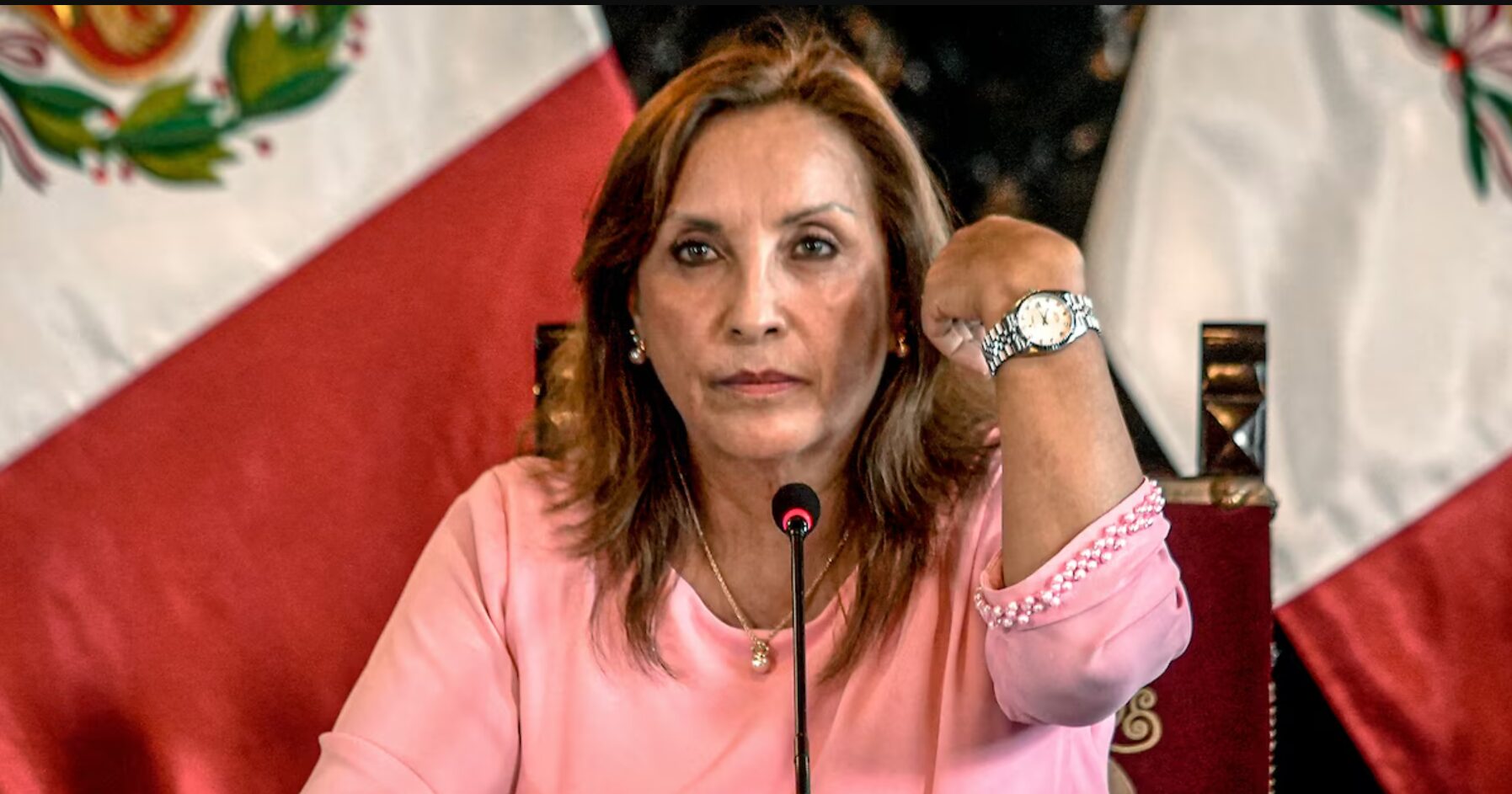-October 2025
Lately, I’ve been feeling that the ground beneath our legal system is shaking. Maybe it’s just fatigue — from the endless political noise, the daily headlines, the cases piling up on my desk — but I suspect it’s something deeper. Peru’s laws, institutions, and the very idea of justice seem to be at a breaking point.
I became a lawyer because I believed in the rule of law, in the idea that words on paper could protect people. But lately, I keep asking myself: protect whom, and from what, when the people writing and interpreting those laws seem intent on bending them for their own convenience?
A Country That Keeps Changing Presidents
We’ve all lost count of how many presidents we’ve had in the past few years. Dina Boluarte’s removal — the latest in a long list of political earthquakes — didn’t come as a surprise. What’s surprising is how normal it felt. Congress invoked “permanent moral incapacity” again, a phrase that once sounded like a serious constitutional concept, but now feels like a political weapon.
Every time this happens, the country freezes. Public policies stall, cases hang in limbo, appointments are undone, and legal uncertainty grows. In practice, it means that lawyers like me spend more time explaining to clients why the rules keep changing than actually applying the law. It’s exhausting, and worse, it’s corrosive — it eats away at trust in the system.

When Justice Becomes a Target
The attacks on the judiciary and the prosecutor’s office have become too frequent to ignore. Congress has been busy pushing through reforms that, under the guise of “improving efficiency,” end up tying the hands of prosecutors investigating corruption and organized crime.
It’s not paranoia to say that some of these changes are designed to protect specific interests. The OECD and several international observers have already warned about political interference in judicial appointments. And those of us who work in the courts can feel it — the quiet pressure, the uncertainty about which cases will suddenly be “reassigned” or “frozen.”
I’ve seen colleagues hesitate to take on sensitive cases. Not because they don’t believe in justice, but because they’re tired of fighting a system that punishes integrity more than it rewards it.
Civil Society Under Watch
One of the most alarming new laws, in my opinion, is the one that tightens control over NGOs and international cooperation. On paper, it’s about “transparency.” In reality, it’s a leash.
Under the new APCI rules, organizations need state approval for their projects and risk sanctions if they step out of line. This might sound bureaucratic, but it’s not just red tape — it’s censorship with paperwork. Many of these NGOs represent victims of state abuse, environmental defenders, or rural communities. Silencing them weakens the only mechanisms that still hold power accountable.
I’ve advised small organizations that now fear losing their funding or even being shut down for doing exactly what they’ve always done: helping people.
The Temptation of Emergency Powers
Crime has been spiraling — extortion, illegal mining, human trafficking, violence in the north — and I understand why people demand tougher measures. But when every crisis becomes an excuse for another emergency decree, it’s time to worry.
Suspending rights, deploying the military, bypassing judicial oversight — these may bring temporary control, but they leave lasting scars. Peru has been here before. I grew up hearing about the “temporary” measures of the 1990s that somehow became the new normal.
Security matters, of course. But the cost of trading liberty for order is one we never truly recover from.
The Forest and the Law
I recently read about the amendments to the Forestry and Wildlife Law, and I couldn’t believe it. They essentially legalize past deforestation by allowing retroactive “regularization.” Imagine telling someone who built illegally in a protected area: Don’t worry, just pay a fee and it’s fine.
For Indigenous communities and environmental advocates, this feels like a betrayal. They fought for years to have prior consultation recognized, and now the law quietly moves backward. We’re normalizing environmental damage as if it were a minor administrative issue.
A Lawyer’s Dilemma
It’s hard not to feel disheartened. We’re supposed to be guardians of legality, but how do you guard something that’s constantly being rewritten? Some days I feel like the legal profession itself is under siege — between political pressure, weakened institutions, and public distrust, it’s easy to lose faith.
But then I think of the people still fighting: prosecutors who keep pushing against corruption despite threats, NGOs who keep working even under surveillance, and citizens who still protest, still demand answers. They remind me that the law is not just what’s written in Congress — it’s what we insist it must mean.

Where We Go From Here
Maybe the answer is simple, though not easy: resist quietly but consistently. Keep litigating, keep teaching, keep exposing what’s wrong. Appeal to the Constitutional Court when necessary. Use the tools we still have before they disappear.
The system may be sick, but it’s not dead yet. And if we stop believing in it, that’s when it truly dies.
For now, all we can do is hold the line — one case, one article, one act of defiance at a time.


Leave a Reply